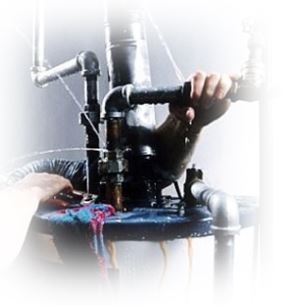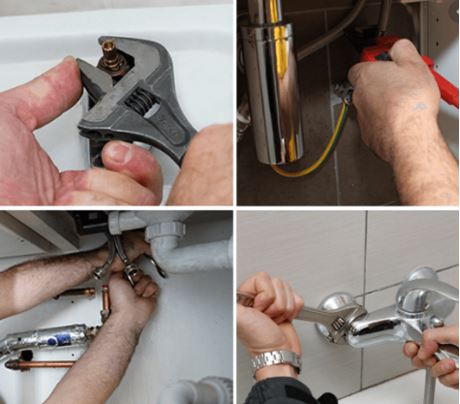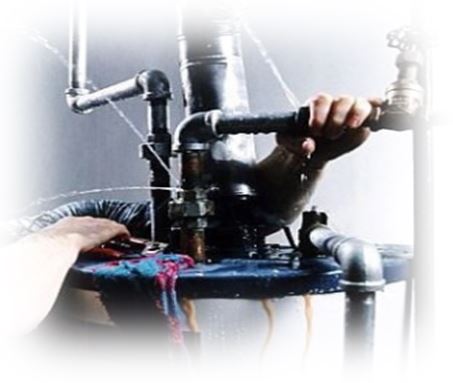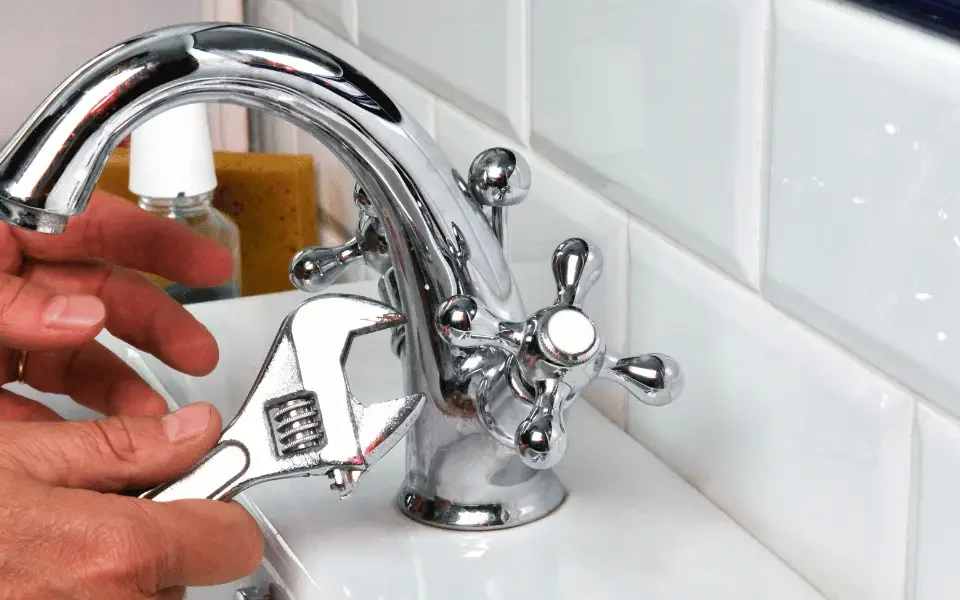
Questions You Should Always Ask Your Plumber before Hiring Them
April 6, 2022
How to Locate Your Plumbing System
June 18, 2022Whether your plumbing needs are small or large, urgent or routine, hiring a plumber can be stressful. The last thing you want to worry about is finding the right plumber for the job. After all, your home is one of the most critical places in your life. You wouldn’t trust just any contractor with a critical role in your life, would you? The same goes for your plumbing. The last thing you want is to trust your plumbing to the first person who walks through your front door. Protect your home and plumbing from the risk of a lousy plumber by doing your research first.
That’s where this guide comes in. With everything you need to know about plumbing, you can put your plumbing fears to rest. Instead of worrying about finding a trustworthy plumber, read on to discover everything you need to know about plumbing.
What is Plumbing?
The plumbing industry is an essential and substantial part of every developed economy due to the need for clean water, safe waste disposal, and efficient distribution of natural gas and petroleum products. The plumbing industry is an essential service industry responsible for the installation, repair, and maintenance of pipes, fixtures, valves, and other equipment connected to a water source or sewage system. Plumbers are trained professionals who install and repair these components and diagnose problems with systems.
Plumbing comes from the Latin plumbum, “lead.” This referred to the use of lead in Roman aqueducts to carry water to homes and public buildings. However, modern plumbing uses various materials based on the intended application.
Plumbing has long been an essential part of new construction and building maintenance. Owners and builders depend on the expertise of qualified plumbers to install all types of plumbing systems. Plumbers have been crucial to making our modern lifestyle possible, ensuring that potable water reaches homes, businesses, factories, and public buildings; removing waste from these structures; heating buildings; providing fresh air for ventilation; running appliances such as dishwashers and washing machines; supplying drinking fountains; sprinkler systems for fire suppression; hyd
If you’ve ever had a clogged drain, had water pressure problems, or started noticing mildew or sewage smell coming from your pipes, you’ve encountered a plumber’s work. The word “plumber” dates back to the 1500s when people repaired water pipes for irrigation systems. Over time, the word’s meaning evolved to include anyone who works with pipes, who may or may not install, maintain, and repair them.
What Does a Plumber Do?
Most people don’t realize how much they rely on their plumbing system until there is a problem. When you’re unable to flush your toilet, take a shower or wash your dishes, life can get pretty frustrating. You may also need a plumber if you have problems with the sewer lines in your home, or if you are building or remodeling your house.
A plumbing technician is trained to diagnose and make repairs to pipes and fixtures within a home that carry liquids and waste. These professionals are responsible for the installation of new plumbing systems in homes and businesses, as well as repairs made to existing systems. Many plumbers offer emergency services, which means that you can call them at any time of day or night for help with frozen pipes, clogged toilets, broken water heaters and other problems that require immediate attention.. However, the profession has evolved to include a much broader range of services. All plumbers are not created equal, however. Some are skilled at installing and maintaining pipes, while others have a broader skill set that includes gasfitting and water treatment. At a basic level, all plumbers are capable of performing the following plumbing services:
- Replacing and installing fixtures and appliances, such as sinks, toilets, and faucets.
- We are repairing and maintaining pipes, such as leaks and cracks.
- They connect pipes so they can transfer water or waste water.
- Disconnecting and reattaching pipes so they can be moved or repaired.
How to Hire a Plumber
Hiring a plumber in NYC can be a difficult process, especially if you are not sure what type of plumber you need. You might be running an errand and the building’s plumbing catches you up; you might be moving into an apartment and you need to hire a plumber immediately. Whichever the case may be, you’ll want to know how to hire a plumber. Keep reading to learn how. Plumbers can come in handy in many different situations. Your home probably has several pipes and fixtures that you take for granted. However, when one breaks, it can be a serious inconvenience and a job for a plumber. You might need a plumber if your pipes burst and water starts flooding your home. You might also need a plumber if your garbage disposal breaks, or if you have a leak in a radiator or other plumbing fixture. Searching for a plumber is as simple as asking around at work or your social circle. You can also post a notice asking for help finding a plumber if you don’t know whom to call.
Why Hire a Plumbing man?
Plumbing is a specialized field that requires both technical and professional skills. The best plumbers in the business are usually also the most expensive. When you have a plumbing problem, you don’t have to take a wild guess as to who to call. Schedule a plumbing inspection before hiring a plumber to ensure that your project is within code and that the plumber has the proper equipment and experience. A licensed plumber should conduct a plumbing inspection.
Plumbers compete for business just like anyone else, so many are less-than-reputable. Avoid plumbers who quote low or unfair prices, and ensure the plumber has the proper licensing and insurance to protect yourself and your home.
Get a Quote Before Hiring a Plumber
While a basic understanding of plumbing and the capabilities of different plumbers is helpful, the best way to find the right plumber for your job is by using a service like Plumber411.com. The website allows you to submit a job request for various services, including plumbing. Once you submit your request, Plumber411.com will connect you with a network of local plumbers who can provide you with an estimate and an overview of their experience, ratings, and reviews for that specific plumber.
Home Inspection Is Key
Plumbing problems don’t always occur while you’re at home. Most plumbing issues occur while someone is in the home. This means that if no one notices the problem, it won’t exist in your home. A home inspection is essential to finding and fixing potential problems before they become issues. During a home inspection, your inspector will check the exterior of your home for plumbing issues and check the drains and pipes within the home for defects and leaks.
Conclusion
As you can see, plumbing has evolved into a vast and complex field. It’s essential to know a bit about plumbing, but it’s even more important to know who you’re hiring when it comes to your plumbing. Use the advice and information in this guide to find the right plumber in nyc for your job.



